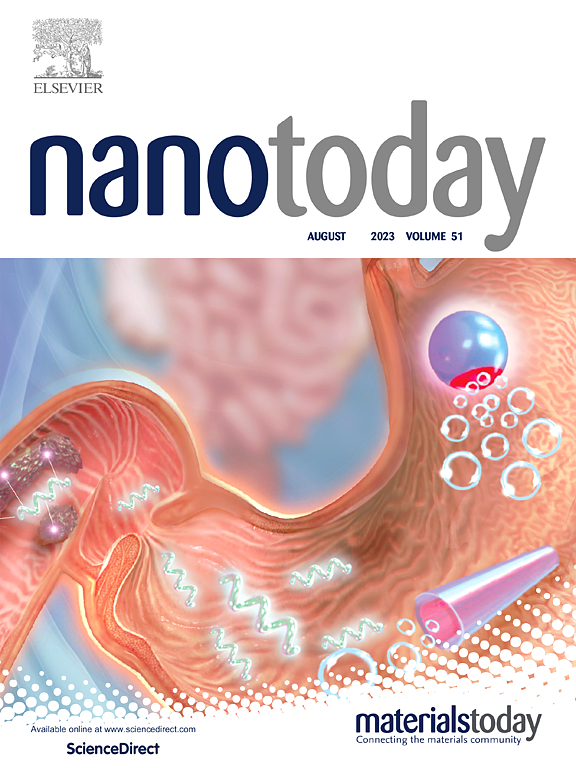Geometric-aware deep learning enables discovery of bifunctional ligand-based liposomes for tumor targeting therapy
IF 13.2
1区 材料科学
Q1 CHEMISTRY, MULTIDISCIPLINARY
引用次数: 0
Abstract
Limited tumor targeting capacity of conventional liposomes compromises their clinical outcomes in tumor therapy. Although ligand-based liposomes show promise for improved tumor targeting efficiency, their transition to clinical use is impeded by the complexity of necessary ligand modifications on liposomal membranes. Certain bifunctional natural products, offering both liposomal membrane-regulating and tumor-targeting ligands properties, have shown tumor targeting potential after prepared into liposomes without the need for ligands synthesis, but their discovery has been hindered by the constraints of conventional screening methods. Here, we propose combining deep learning with wet experimentation for rapid discovery of new bifunctional ligands. Utilizing pre-trained geometric-aware neural networks, we simultaneously modeled predictions for membrane-regulating and glucose transporter 1-ligand functions. The trained models identified nine top candidates from > 300,000 natural products, six of which demonstrated the anticipated dual functionality upon experimental validation. The lead liposome, Ilexgenin A (Ile)-based liposome, demonstrated superior tumor-targeting and anti-tumor effect compared to the existing bifunctional ligand-based liposome. Further analysis elucidated Ile's mechanisms in immunoregulation and chemotherapy sensitization. This approach signifies the potential of deep learning in design of intelligent and targeting drug delivery systems.
求助全文
约1分钟内获得全文
求助全文
来源期刊

Nano Today
工程技术-材料科学:综合
CiteScore
21.50
自引率
3.40%
发文量
305
审稿时长
40 days
期刊介绍:
Nano Today is a journal dedicated to publishing influential and innovative work in the field of nanoscience and technology. It covers a wide range of subject areas including biomaterials, materials chemistry, materials science, chemistry, bioengineering, biochemistry, genetics and molecular biology, engineering, and nanotechnology. The journal considers articles that inform readers about the latest research, breakthroughs, and topical issues in these fields. It provides comprehensive coverage through a mixture of peer-reviewed articles, research news, and information on key developments. Nano Today is abstracted and indexed in Science Citation Index, Ei Compendex, Embase, Scopus, and INSPEC.
 求助内容:
求助内容: 应助结果提醒方式:
应助结果提醒方式:


